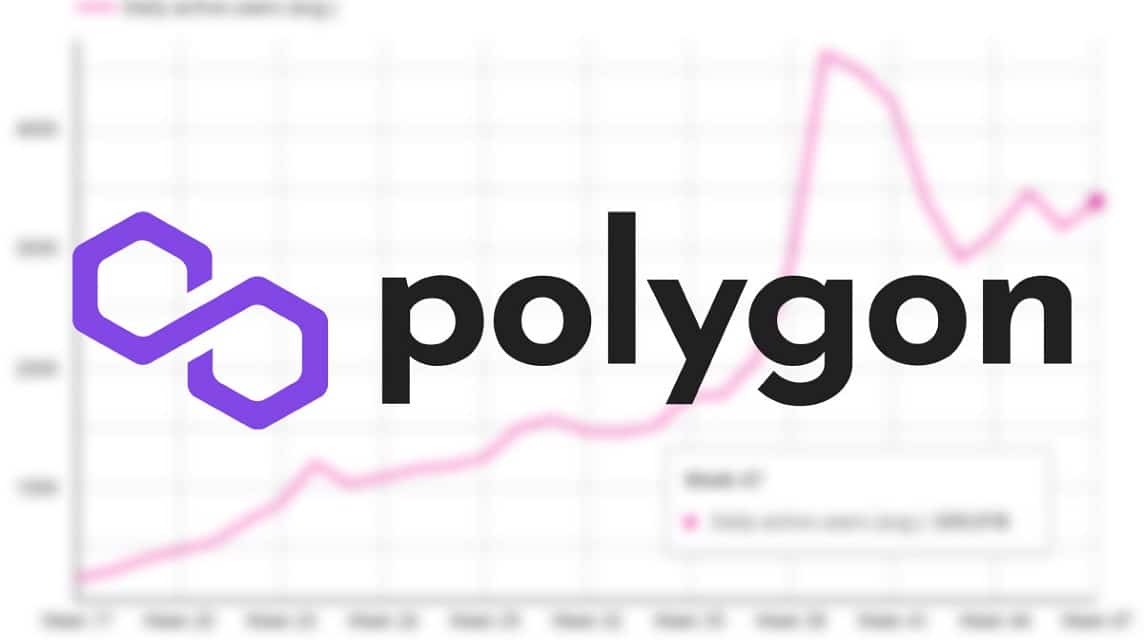What is PolygonScan? -CoinNav.io

What is PolygonScan?
Established in 2017 under the former name Matic Network, Polygon emerges as a protocol and framework meticulously designed for the construction and seamless interlinking of blockchain networks compatible with Ethereum. The pioneers behind this endeavor are Jaynti Kanani, Sandeep Nailwal, Anurag Arjun, and Mihailo Bjelic. Hailing from India, this platform constitutes an open-source initiative fostered by a globally dispersed community of contributors.
Functioning as a versatile open-source project, Polygon amalgamates Ethereum with sovereign blockchains, forming an intricate multi-chain framework. This multifaceted system, akin to its counterparts such as Polkadot, Cosmos, and Avalanche, operates cohesively within the expansive Ethereum ecosystem.
Your Go-To Source for the Latest News and Tools in the Blockchain Sector — Coinnav.io
PolygonScan Platform
The cornerstone of PolygonScan is the Polygon SDK, a versatile framework supporting the creation of diverse application types. PolygonScan stands as a platform facilitating second-layer (L2) Ethereum scaling and the construction of blockchain-based infrastructure. Its array of products equips developers with essential scaling and infrastructure resolutions, encompassing L2 options like ZK-rollups and Optimistic rollups (OR), sidechains, hybrids, standalones, enterprise chains, data availability remedies, and more. Presented below are select statistics illuminating PolygonScan's offerings.
- Embraced by over 7,000 hosted applications
- Processed transactions valued at over $1 billion
- A user base of 2.67 million active monthly users (recorded till February 2022)
- Approximately 130 million distinct user addresses
- A cumulative value of $5 billion assets in Total Value Locked (TVL).
PolygonScan Features
Polygon Network provides various features:
- Ethereum Compatibility: Mature technology stack, tools, languages, standards, and enterprise adoption.
- Scalability: Dedicated blockchain, scalable consensus algorithms, and custom Wasm execution environments.
- Security: Modular security-as-a-service (SECaaS) facilitated by Ethereum or professional validators.
- Sovereignty: Dedicated throughput and resources, fully customizable technology stack, and sovereign governance.
- Interoperability: Native support for arbitrary message passing (such as a token or contract calls) and bridging with external systems.
- User Experience: Comparable to Web2, gasless transactions, and instant (finalized) transaction settlement.
- Developer Experience: Equivalent to Ethereum, no need for protocol-level knowledge, token deposits, fees, or permissions.
- Modularity: Customizable, scalable, upgradable, and community collaboration.
Polygon Token (MATIC) Circulation Overview
The issuance of MATIC tokens follows a monthly cadence. By March 2022, the circulating MATIC supply stood at 4,877,830,774 tokens, within an overall cap of 10,000,000 tokens. The initial private sale of MATIC in 2017 accounted for 3.8% of the total token ceiling. An additional 19% of the token pool was successfully offered during the company's launchpad sale in April 2019, priced at $0.00263 per token, generating proceeds of $5 million. The original Polygon token release timeline aimed to complete all distributions by December 2022. The breakdown of the remaining MATIC tokens is as follows:
- Team Tokens: 16% of the complete supply.
- Advisor Tokens: 4% of the complete supply.
- Network Operations Tokens: 12% of the complete supply.
- Foundation Tokens: 21.86% of the complete supply.
- Ecosystem Tokens: 23.33% of the complete supply.
Pros of PolygonScan:
Swift Transaction Processing: An outstanding feature of PolygonScan lies in its rapid transaction processing. By employing a consensus mechanism that secures transaction finality within a solitary block confirmation, PolygonScan maintains an impressive average block processing duration of 2.1 seconds. Cost-Effective Transaction Fees: PolygonScan consistently adheres to its commitment of offering economical transaction fees. The prevailing transaction expenses on this platform remain around $0.01, ensuring that transactions are budget-friendly and easily accessible to users.
Cons of PolygonScan:
Reliance on Ethereum: PolygonScan operates as a layer 2 solution strategically constructed on the foundation of the Ethereum platform. This architectural dependence implies that any significant disruption or potential dissolution of the Ethereum platform might potentially reverberate, affecting the value and operational capability of PolygonScan. Limited Scope of MATIC Token: The primary utility of the MATIC token revolves mainly around governing and safeguarding the PolygonScan platform, alongside managing transaction fees. However, its applicability beyond these boundaries is relatively constrained, diverging from the broader range of use cases associated with certain other cryptocurrencies.







![[LIVE] Engage2Earn: McEwen boost for Rob Mitchell](https://cdn.bulbapp.io/frontend/images/c798d46f-d3b8-4a66-bf48-7e1ef50b4338/1)





















![[ℕ𝕖𝕧𝕖𝕣] 𝕊𝕖𝕝𝕝 𝕐𝕠𝕦𝕣 𝔹𝕚𝕥𝕔𝕠𝕚𝕟 - Is Trump Dying? Or Only Killing The Market?](https://cdn.bulbapp.io/frontend/images/a129e75e-4fa1-46cc-80b6-04e638877e46/1)









